As of this year, Springfield Township High School has implemented a new rule that all students have to follow. As students enter and begin class, they must give up their phones to the infamous “Cell Phone Locker.” Despite common beliefs among students, the root of this rule runs much deeper than a decision made by the student council or between teachers during lunch break. Schools across Pennsylvania have implemented a limit on cell phone usage during the school day, and just this summer, Governor Shapiro passed a bill to pilot their use during class. This decision was supported by students’ decrease in focus and academic achievement when with their phones. But now the question must be asked: have cell phone lockers truly benefited our school?
Policy Outline and Goals
While cell phones are banned during class time, exceptions can be made when teachers give directions allowing cell phone usage. High school students may use their phones during class changes, Lunch and Learn, and study hall. The high school phone policy is more lenient than Springfield Township Middle School’s, as middle school students must keep their cell phones in their lockers at all times and are prohibited from using them.
The high school administration aims for students to develop healthy relationships with technology and be less distracted in class. They hope that minimizing classroom distractions will improve academic performance. They encourage students to maintain a balance between the offline and online worlds and manage screen time. Cell phone lockers aim to aid students in this process.
Student Thoughts
Student opinions vary on the matter. Some students dislike the new policy, such as Isabella McGuigan, who is “not necessarily a fan” of the phone hotels. Many think it may seem unfair to teens who previously never used their phones in class yet still had them taken.
Some students are wary of leaving their phones unattended and “still like having [their] phone on [them] in case something happens,” as Chloe Bailey states. Being able to contact friends and family in an emergency is extremely important, as phones are vital parts of communication in the modern world.
However, many students acknowledge that the lockers help lessen the likelihood of becoming distracted. Bailey mentions she feels “less distracted now” and “less likely to pick up [her] phone and go on it.” McGuigan agrees, saying while the cell phone lockers don’t particularly help her, she feels “like it’s been really good for some other people.”
Hopefully, these cell phone lockers will produce the results administrators aimed for. If students are less distracted in class, they will be more likely to complete their work and perform better academically. Now that the policy is officially school-wide as of the 2024 school year, data will begin to show the effects on students in the years to come.


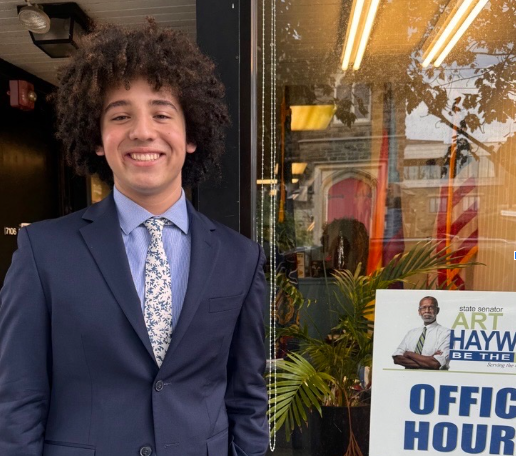

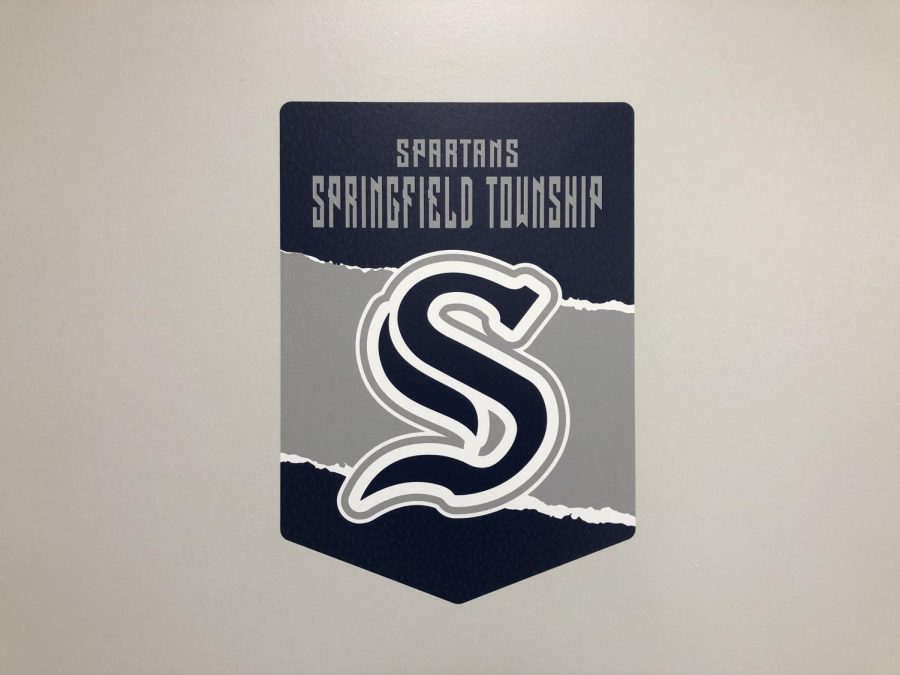
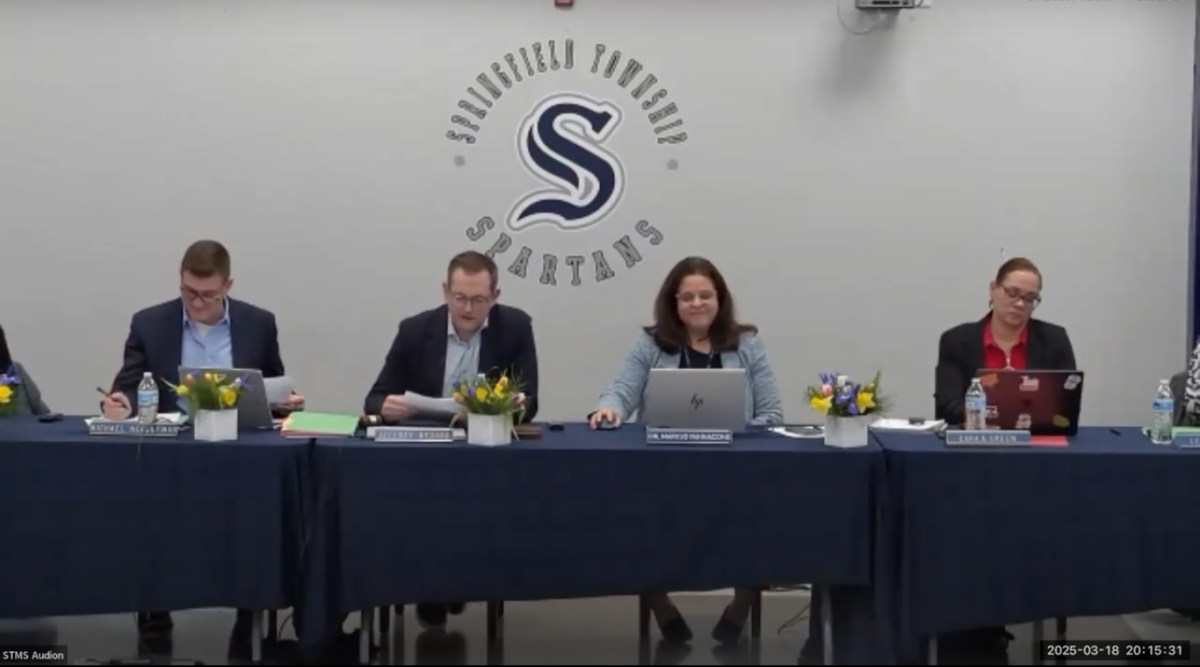
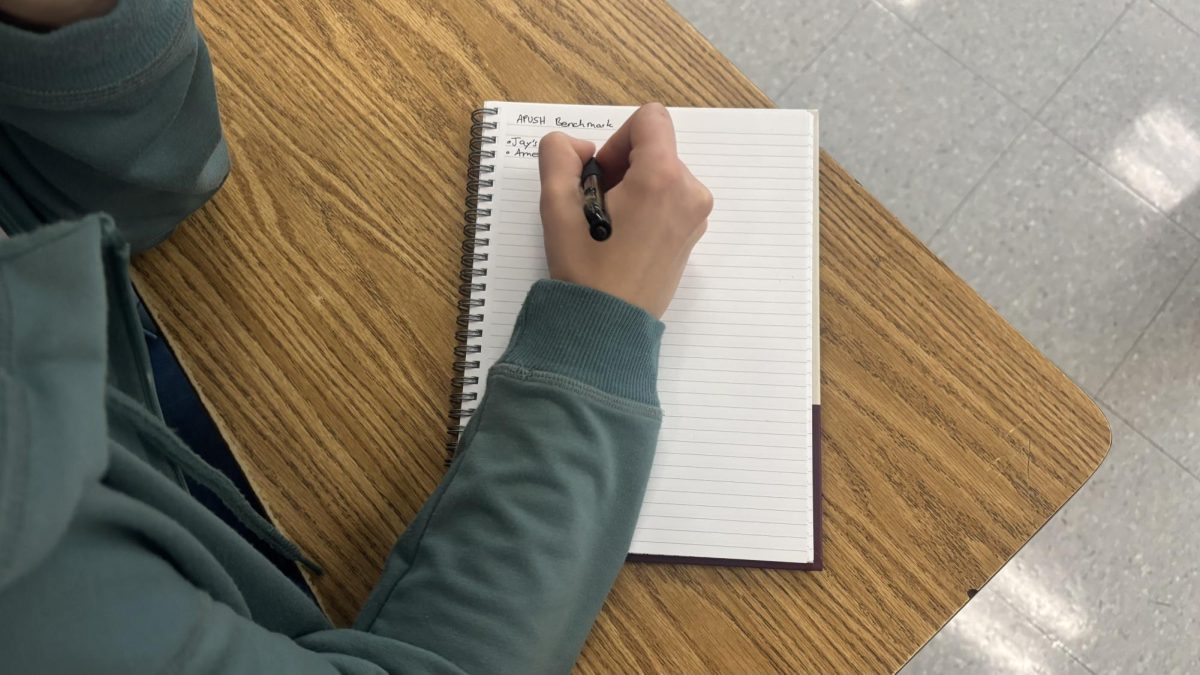

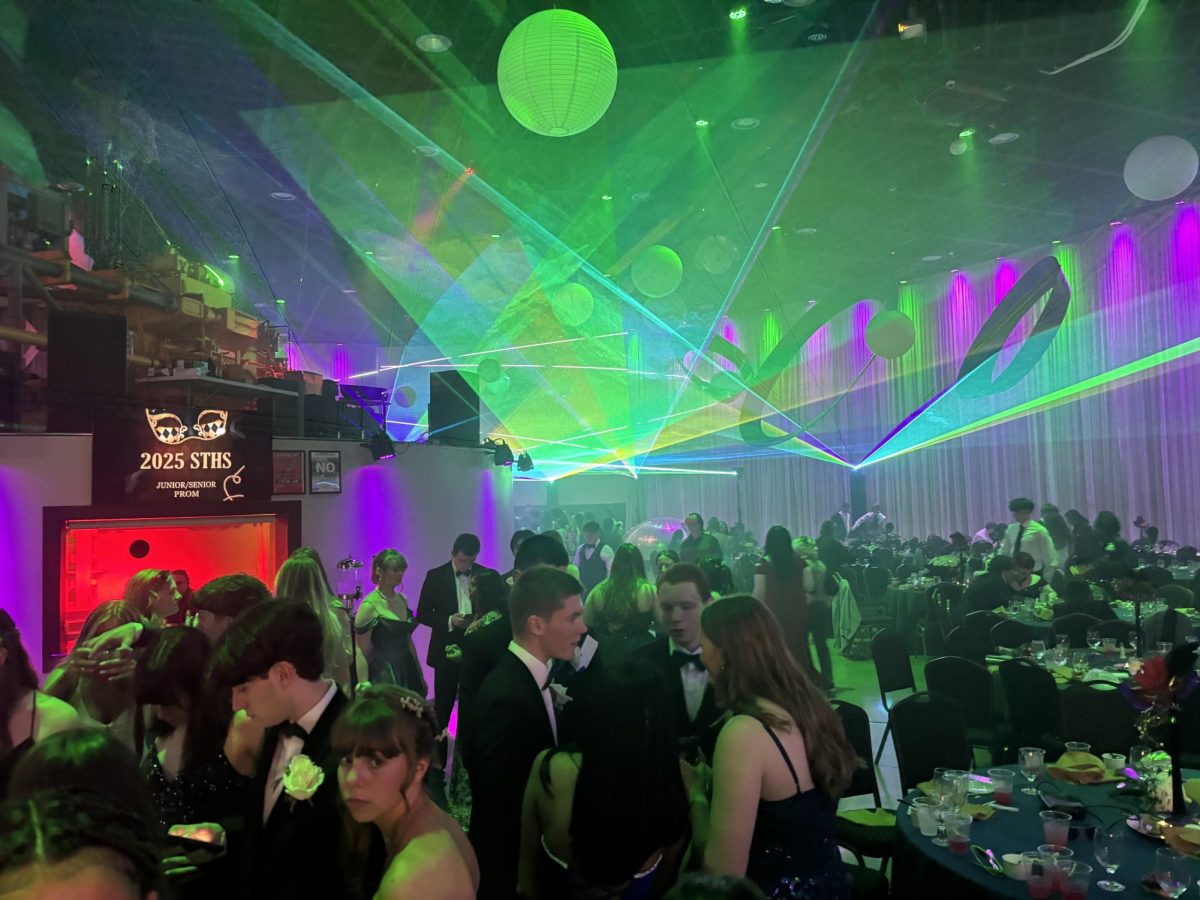
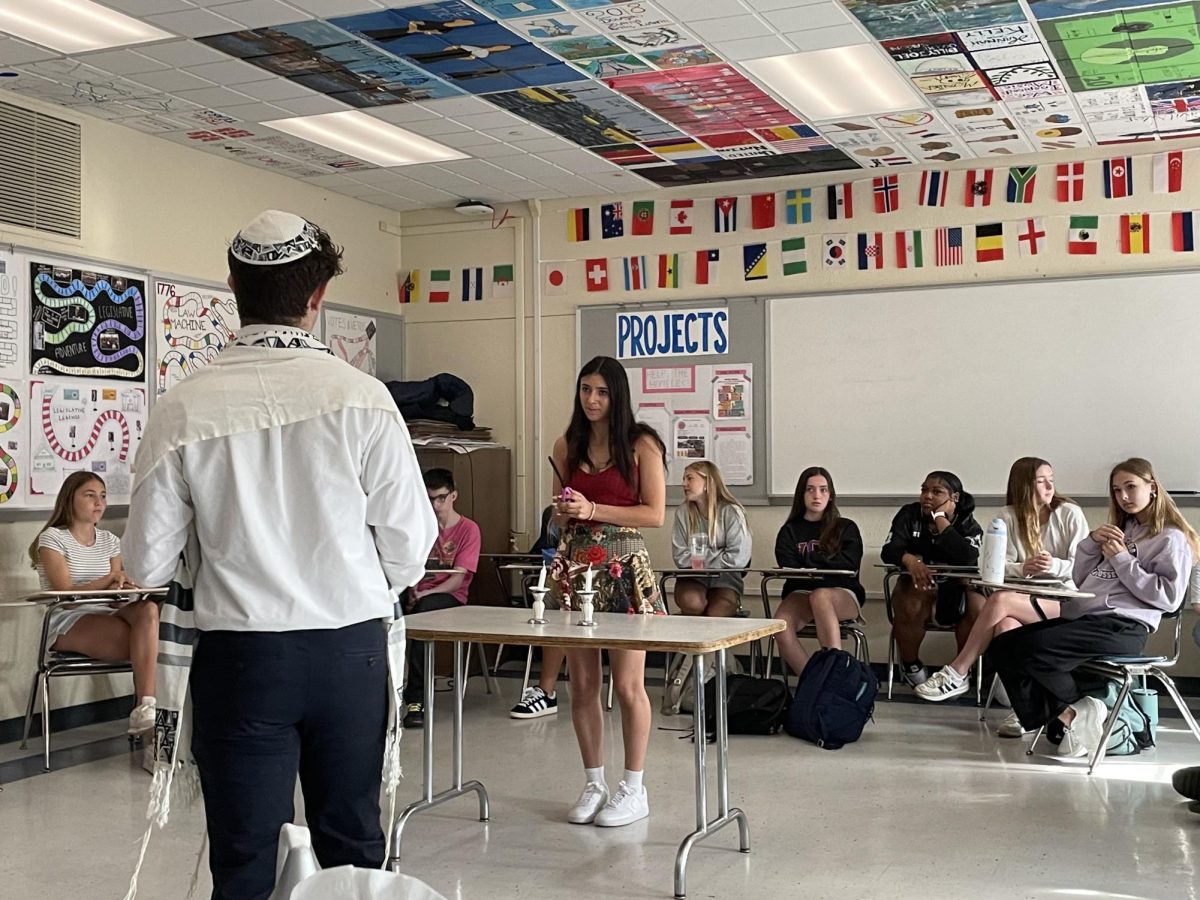

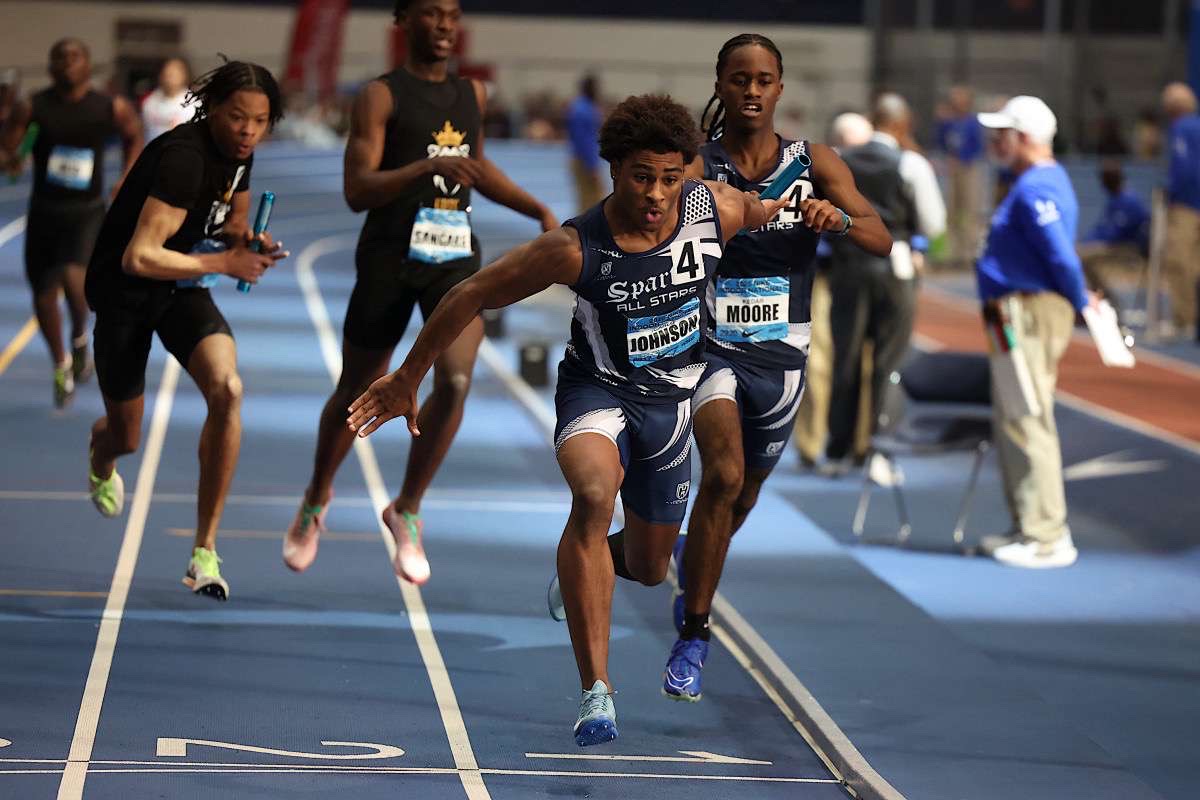
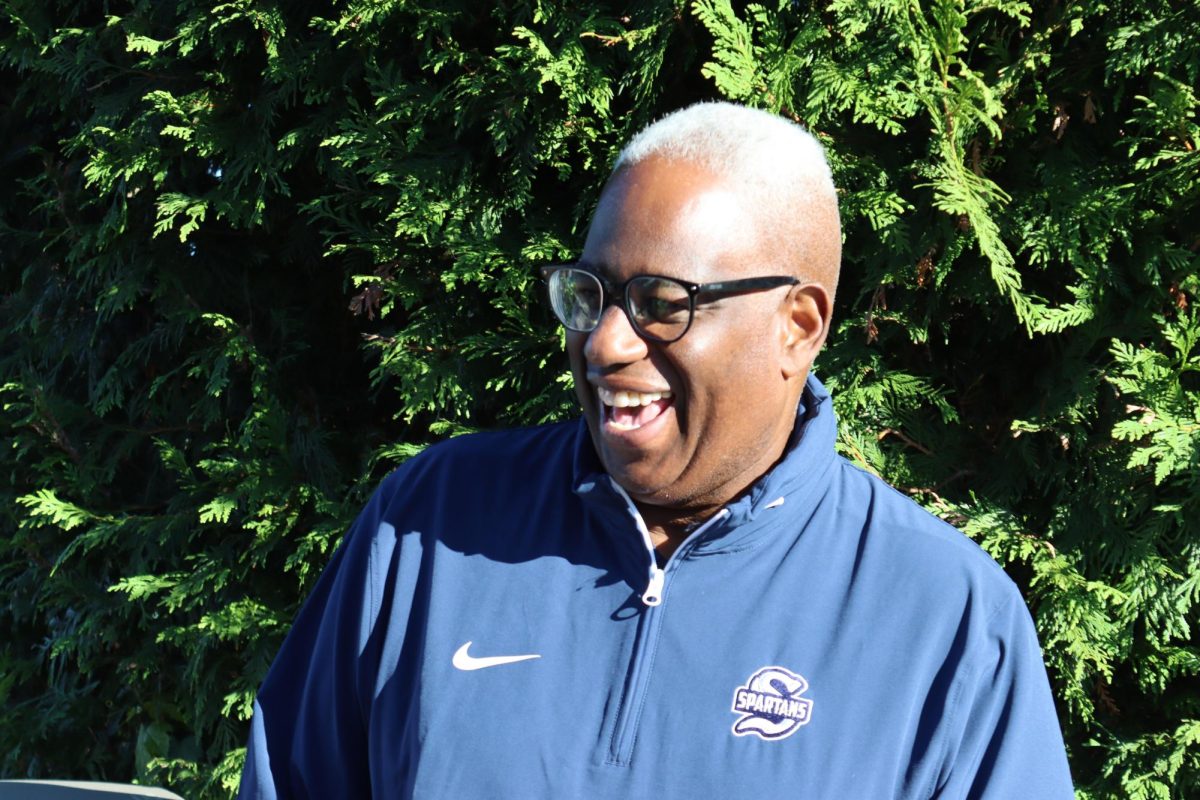
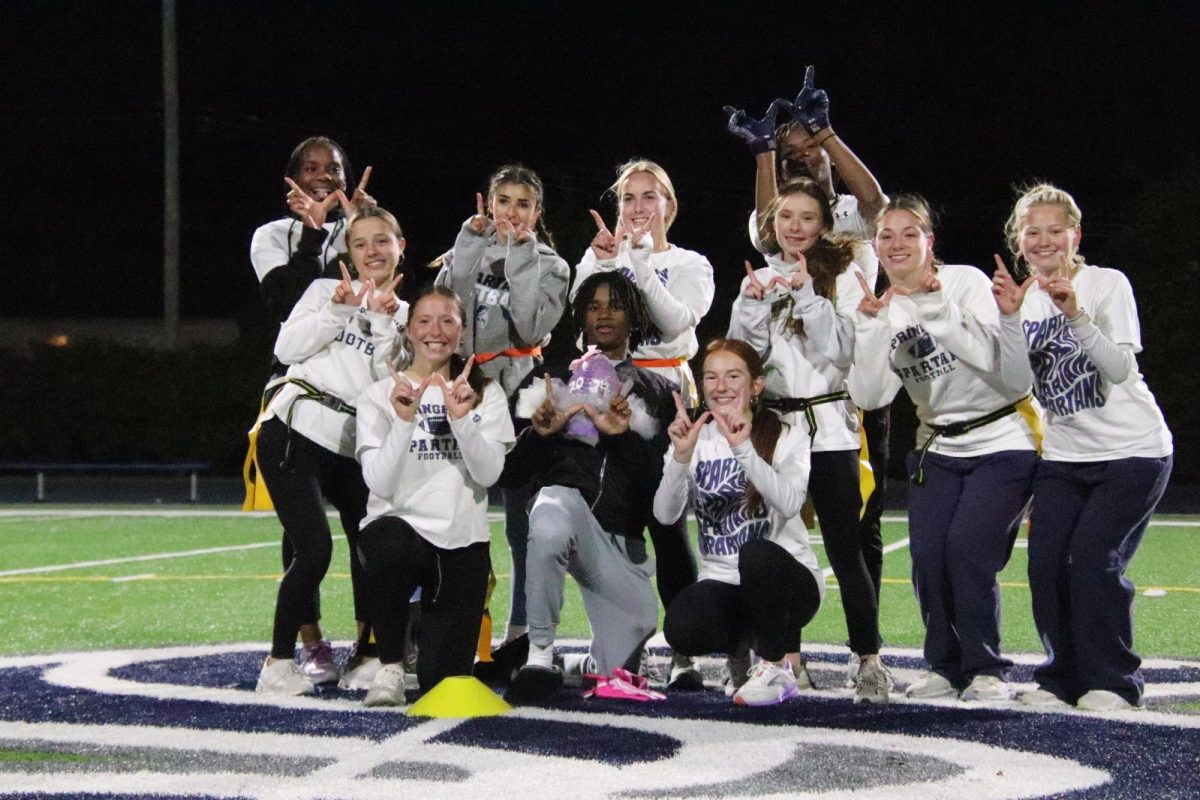
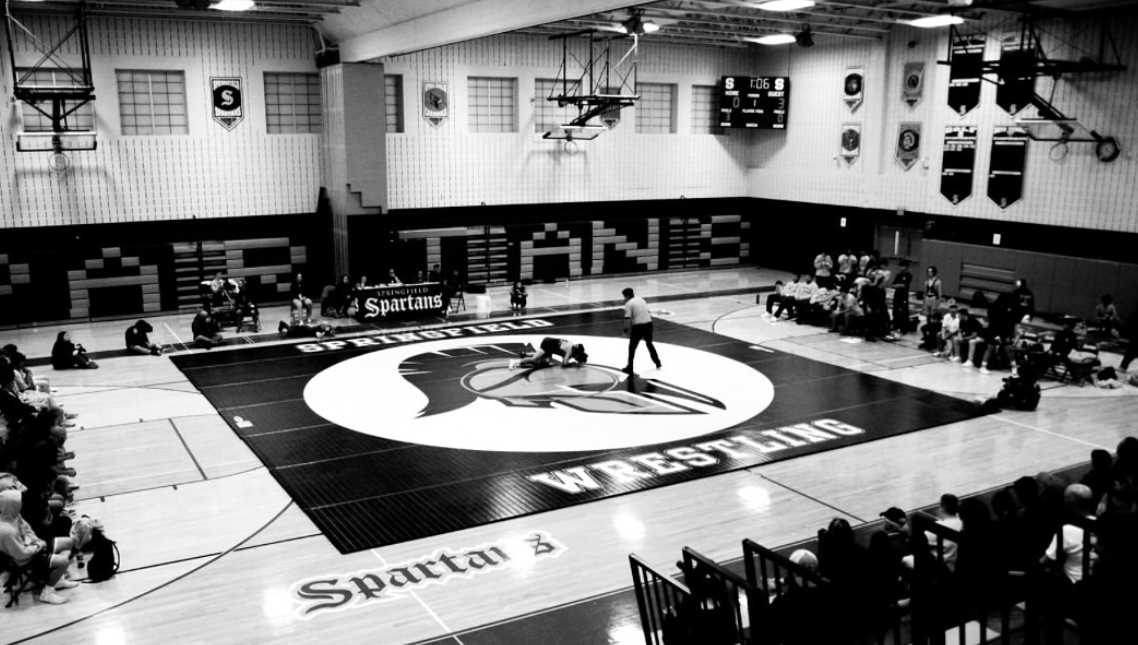
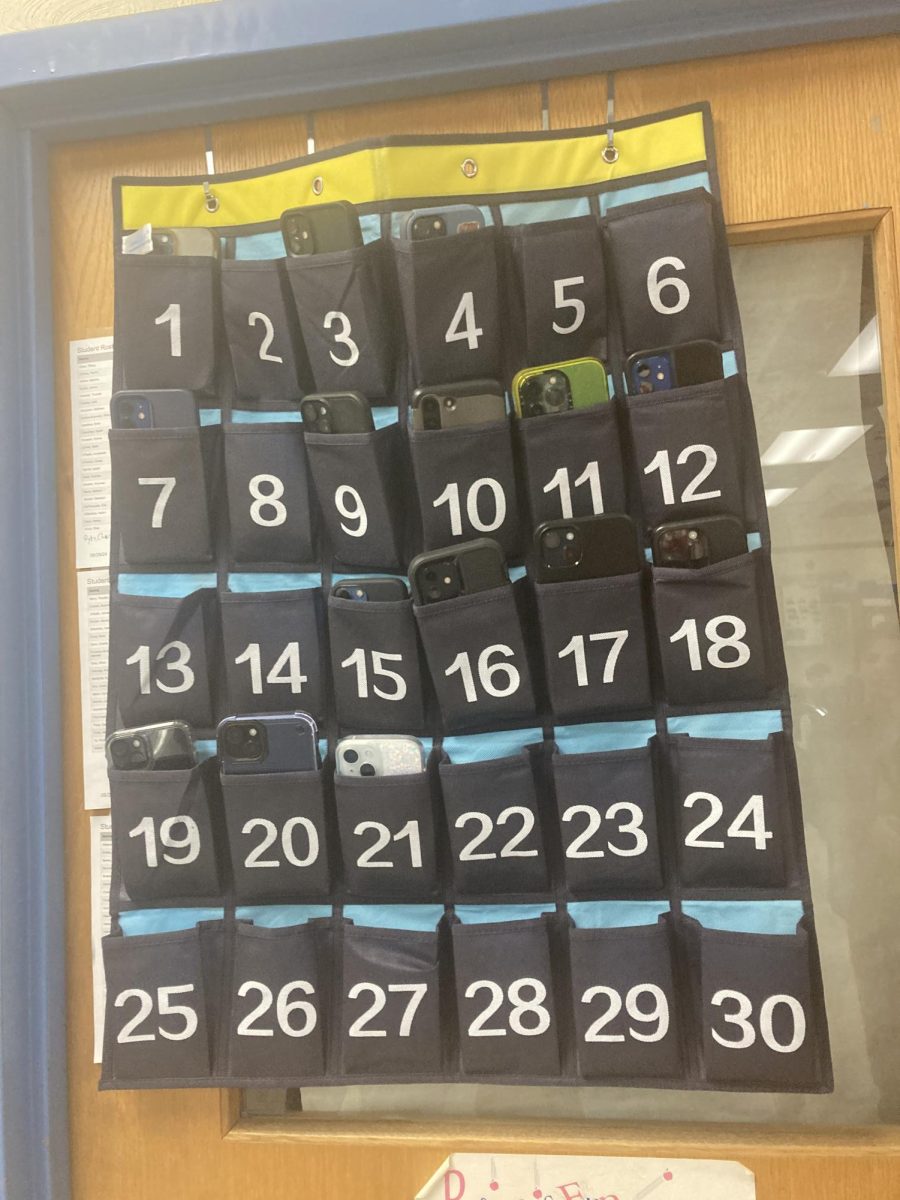


Mike • Dec 3, 2024 at 5:30 pm
Great article exploring this controversial topic!